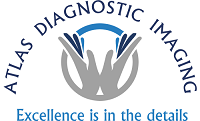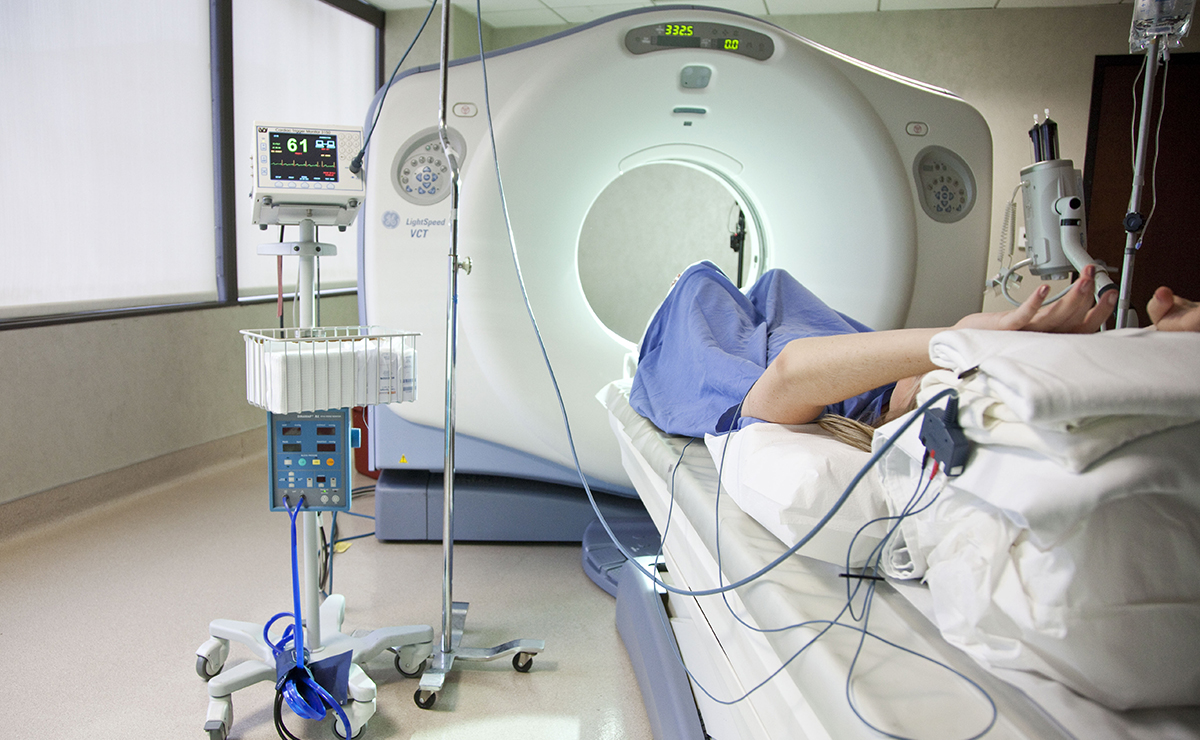A diagnostic test is a procedure or tool used to identify the presence or absence of a particular disease, condition or characteristic in an individual. The goal of a diagnostic test is to confirm or rule out the suspected diagnosis, and to provide information that can help guide treatment decisions.
Diagnostic tests can operate in various ways, such as by measuring the level of certain substances in the blood or body tissues, imaging the body to visualize internal structures, or detecting specific genetic changes. Some tests require a sample of blood, urine, or other bodily fluid, while others involve a physical examination, a questionnaire, or a biopsy. The accuracy and reliability of a diagnostic test depend on many factors, including the type of test, the specific disease being tested for, and the population being tested.
Radiology diagnostic tests are done in hospitals or diagnostic imaging centers medical imaging procedures use radiation (such as X-rays, CT scans, MRI, etc.) to produce images of the inside of the body. These images help healthcare providers diagnose and monitor various conditions and diseases, such as bone fractures, tumors, organ damage, or blood clots. Radiology diagnostic tests are non-invasive and generally do not cause pain, although some may require contrast agents to be introduced into the body, either orally or through an intravenous (IV) injection. The results of these tests provide important information that can help guide treatment decisions and monitor the progression of a disease.
Our diagnostic imaging center in St. Louis and diagnostic imaging center in Fairview Heights offer flexible days and hours to accommodate our patient’s needs.


